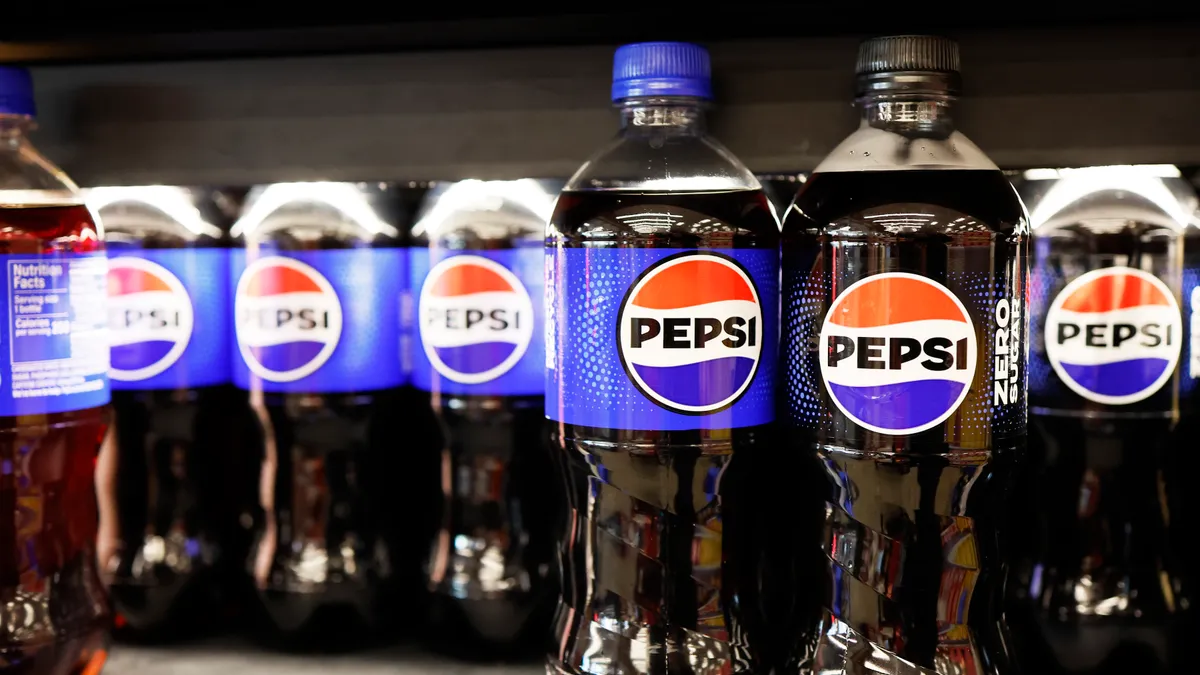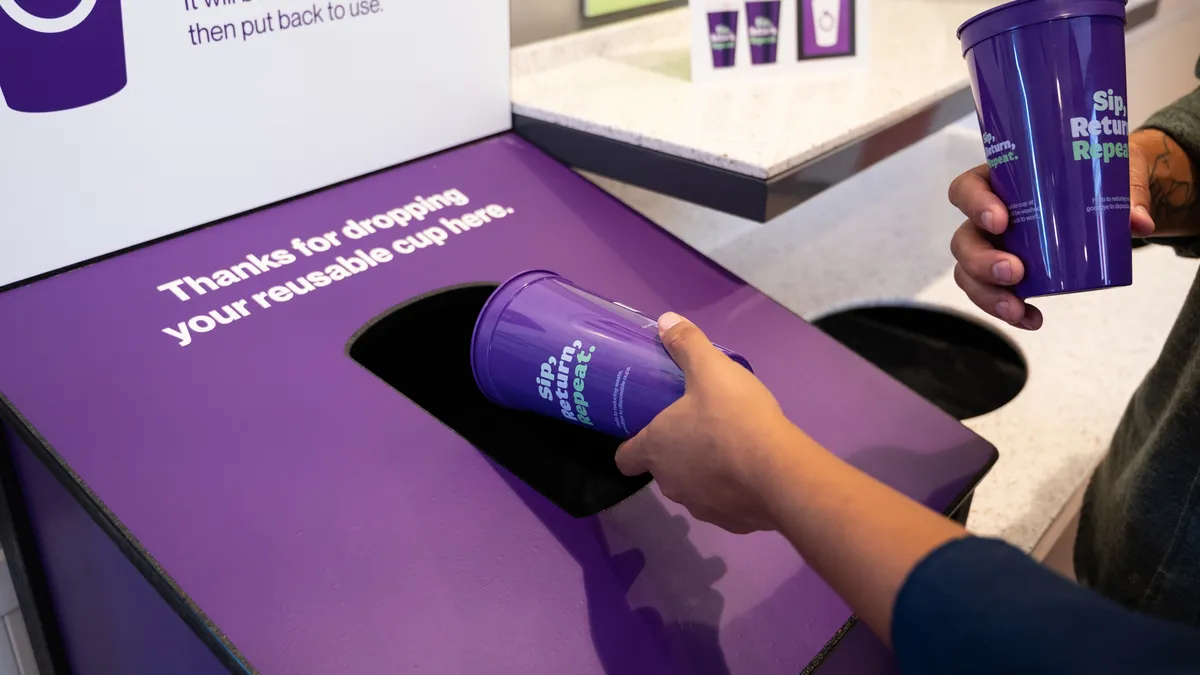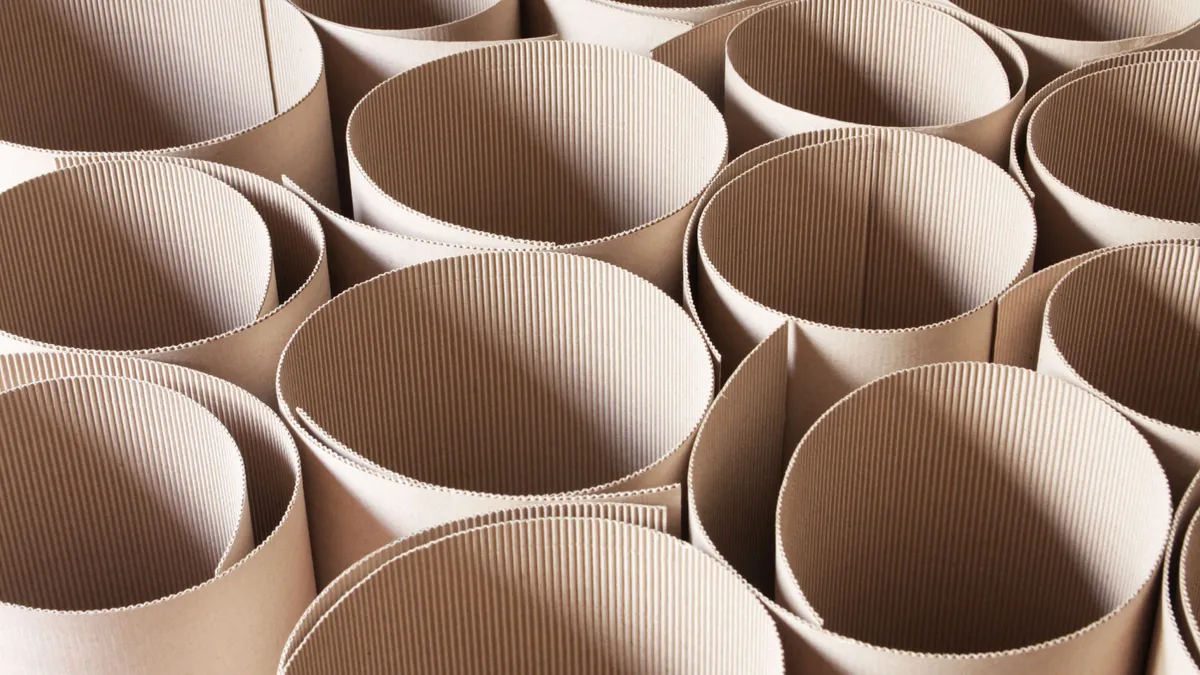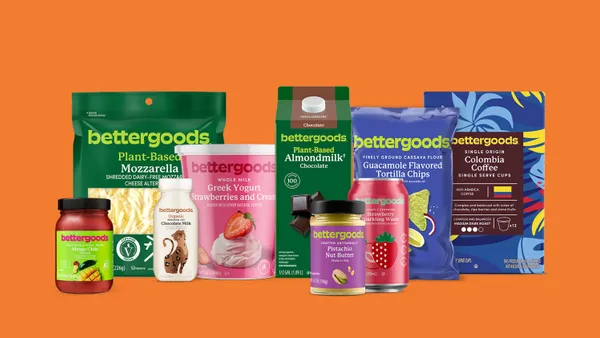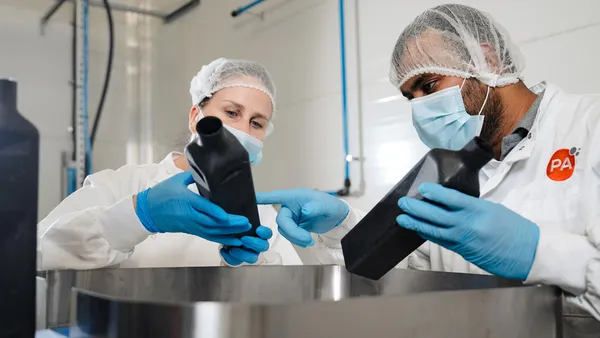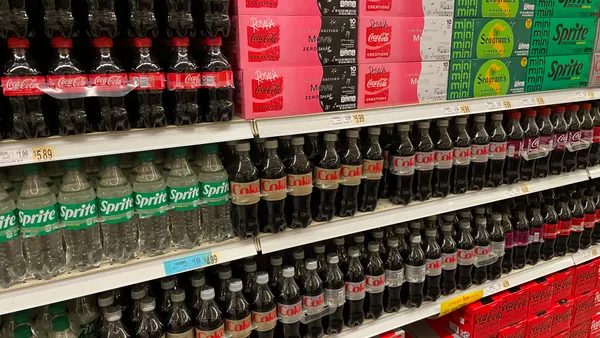A New York attorney general lawsuit seeking to hold PepsiCo and subsidiaries accountable for plastic pollution along the Buffalo River has been dismissed.
PepsiCo filed a motion in February to throw out the November 2023 case. On Thursday, a state Supreme Court judge ruled that the complaint be dismissed.
“lmposing civil liability on a manufacturer for the acts of a third party seems contrary to every norm of established jurisprudence,” wrote Judge Emilio Colaiacovo, of the Supreme Court of Erie County. “lt is not difficult to imagine the lengths prosecuting agencies would take this theory, if adopted, to punish manufacturers for the acts of others who buy their products and then, throw them in a nearby body of water.”
PepsiCo said it was pleased with the court’s ruling. “We believe that our time, attention and resources — and those of other key stakeholders — are best directed toward collaborative solutions,” Andrea Foote, vice president of global corporate communications, said in an emailed statement on Friday.
“For our part, PepsiCo remains serious about plastic reduction and effective recycling. We will continue to collaborate with key partners to advance smart material collection policies, improve recycling infrastructure, boost consumer awareness about the importance of recycling and establish partnerships focused on reducing waste and exploring innovative solutions to plastic pollution,” Foote added.
A spokesperson for Attorney General Letitita James has said the office is “disappointed” in the decision and reviewing its options.
When the lawsuit was announced last November, Beyond Plastics and other environmental advocates encouraged other states to file similar actions.
“While this is a disappointing legal decision, it does nothing to solve the very real problem of plastic pollution in the Buffalo River watershed. These are early days on plastics litigation, and while we expect plastic polluters like Pepsi to work overtime to get cases dismissed, at some point, the facts of this case, and others like it, will be heard in a court of law,” said Judith Enck, president of Beyond Plastics and a former U.S. EPA regional administrator, in an emailed statement on Friday.
The city of Baltimore announced its own plastic pollution lawsuit in June, alleging that PepsiCo, Coca-Cola and certain other companies “created a public nuisance by creating products that they know will cause significant environmental harms.” In its announcement, the city referenced “a similar lawsuit filed by New York State.”
And just this week, Los Angeles County filed its own plastic pollution complaint against PepsiCo, the Coca-Cola Co. and related bottlers. The New York complaint focused on public nuisance and failure to warn, while the LA case focuses on public nuisance and alleged violations of unfair competition and false advertising law.
“The plastics industry has spread deceptive information about the true impact of plastic and its recyclability for decades. Following their lead, PepsiCo and Coca-Cola have employed similar disinformation campaigns, deceptively promising that recycling can offset any harm associated with single-use plastic bottles,” the complaint in LA states.
This also follows the California attorney general in September suing ExxonMobil over its alleged role in plastic pollution and the limitations of mechanical and advanced recycling to manage waste.
The New York attorney general’s office is not backing away from engaging in plastic pollution issues. On Thursday, James and nine other attorneys general sent a letter to the U.S. State Department supporting the recent reported Biden administration shift to support targets to reduce plastic production and develop lists of products and chemicals to phase out as part of negotiations for an international agreement on plastic pollution. The AGs in part urged the U.S. delegation to reject chemical recycling as a solution, prioritize reuse systems, recognize plastic pollution’s link with the global climate crisis, and amplify voices from frontline communities impacted by plastics production.
Editor’s note: This story has been updated with a reaction from James’ office. It's also been updated to more accurately reflect the Biden administration's expressed position, as of August, on the substance of a global plastics agreement.



